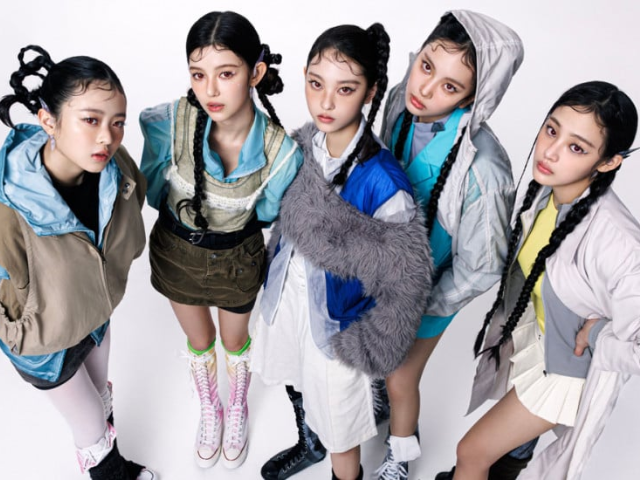NJZ NewJeans Faces Court Ruling Restricting Activities
The court's ruling has significant implications for NewJeans' future, including their ability to release new music and perform under their new name, NJZ, while the ongoing lawsuit raises questions about the fairness of contracts in the K-pop industry and the rights of artists to negotiate their own terms.

The Seoul Central District Court has barred K-pop group NewJeans from independent activities following an injunction request by their former agency, ADOR, casting uncertainty over the group's future plans, including the release of their new song and re-debut under the name NJZ.
The court ruling prohibits the group members from signing advertising contracts, performing, composing, or engaging in any solo activities outside of their contractual relationship with ADOR. NewJeans has challenged the court's decision, stating that it did not fully consider the breakdown of trust between the members and ADOR, and that the decision was made too quickly without adequate time to present their case or evidence.
The group plans to formally object to the ruling and participate in the ongoing main lawsuit to examine the validity of the exclusive contracts. Despite the legal battle, NewJeans will continue to participate in scheduled events, including the upcoming ComplexCon, out of respect for fans and stakeholders. The legal dispute may have broader implications for artist rights and agency relationships in the K-pop industry.
NewJeans had accused ADOR of mistreatment, including workplace harassment, and had sought to cut ties with the label. The group's announcement to challenge the decision highlights their determination to have their case heard and to potentially change the course of their career without facing financial penalties.
As the lawsuit regarding the validity of the contract termination continues, fans and industry observers await the outcome, which may set a precedent for artist-agency relationships in the K-pop industry. The situation underscores the complexities of contractual agreements and the importance of fair treatment of artists in the entertainment industry.